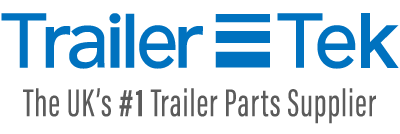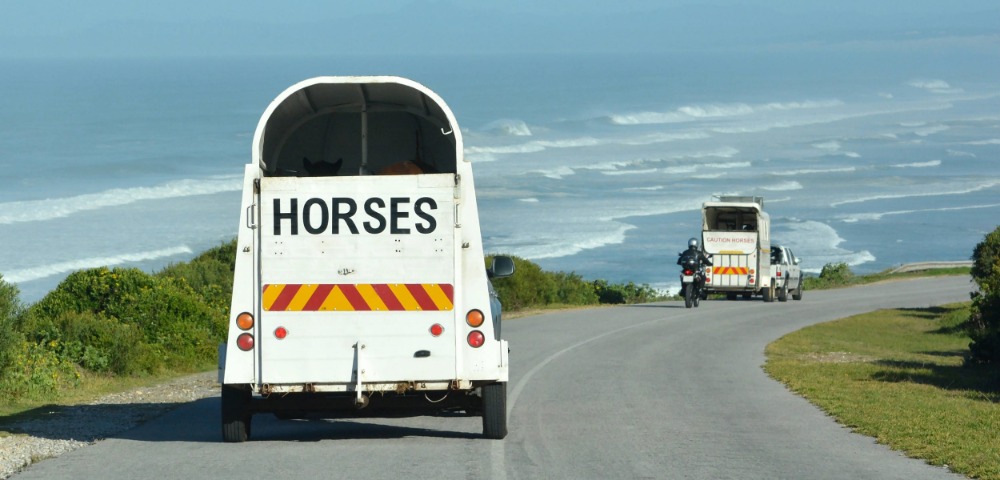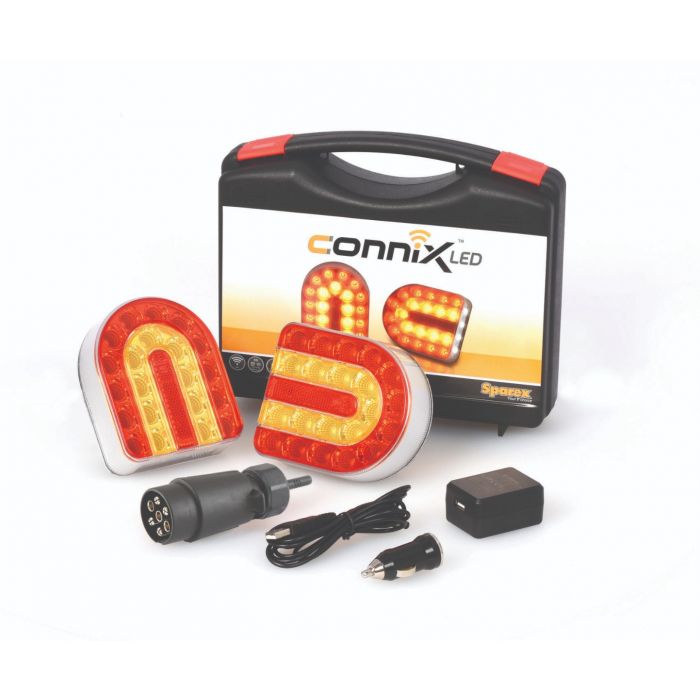Summer is on its way, lockdown is coming to an end, and outside events are making an appearance once again. If you are part of the equine world, you will be glad to know this means horse shows, qualifiers and equestrian events will begin to take place. But transporting your horses from one place to another can sometimes be an event in itself. Today we are going to cover the best ways to maintain your horsebox or horse trailer to make sure it’s safe, reliable and as easy as possible to use whenever you need it this summer.
What to Watch Out for…
In the case of a horsebox or trailer the safety of your horse is the number one priority. This means any damage to the trailer should be identified and repaired as soon as possible. When you go to purchase a new horsebox make sure you look deeper than just the cosmetics of the trailer. The framework and structure of the trailer should be thoroughly checked over before agreeing to buy a certain trailer. Overlooking the deeper elements of a trailer can lead to hefty costs later down the line.
A horsebox is arguably one of the most important trailers to keep maintained properly, as the cargo you are carrying must not only be kept totally safe and secure, but also comfortable while in transit. Keeping everything in top condition ensures a smooth tow for you, and a smooth ride for your horse.
Flooring
Horses are rather heavy things, and with their weight only spread over four relatively small areas the pressure exerted on the floor in these areas can be very high as compared to your standard trailer. There have been stories of rotten floorboard giving way under the weight of horse, resulting in their injury – however this can be completely avoided through regular safety checks, and maintenance.
Get into the habit of frequently checking the entirety of the flooring within your horsebox. This includes the base flooring if you have multiple layers of flooring. Horsebox floors will often have a surface finish of rubber matting to improve the cleaning, but lower layers will usually consist of plywood which is prone to rotting (especially in only trailer types). Plywood will eventually need replacement, the time until this replacement is dependant upon the use of the trailer, but employing frequent cleaning will help reduce moisture the wood is exposed to and should prolong its lifespan.
More modern trailers are now being fitted with aluminium flooring, improving the stability for the horse and the overall lifespan of the trailer, however these do of course come with a bigger price tag!
Ramps
Ramps are an important part of your horsebox, but over time ramps can take a beating from loading and unloading your horse. Heavy usage of ramps can result in springs failing which can make lowering a raising the ramps very difficult – and definitely not a one-person job.
Similar to flooring, ramps can see the same aging effects in their structural integrity resulting in weakness if they are not maintained properly. As horses walk up and down the ramp they will tend to follow the same path which means certain areas of your ramp will see more wear than others. When assessing the safety of your ramp you should always judge it by the worst part of your ramp. Even if it is only in a small area, substantial wear could lead to the ramp giving way under your horse, causing injury.
Your choice of ramp will largely depend on the type and height of trailer you have. Steel ramps with a tough rubber or carpet covering are often the best choice to give your horse enough grip while using the ramp, with the ramp itself being strong enough for use. Some ramps will have slats built into them to help support the horse as they are walking in and out of the horsebox, these are a great feature but not always necessary.
All That Trailer Stuff
Let’s not forget that horseboxes and horse trailers are of course trailers. This means that after you have got the ‘horse’ side of things out of the way, they will need the same maintenance as regular trailers do. Yes that’s right, all the boring things we don’t like doing, but the things that will keep your trailer towing long into the future!
If you haven’t used your horsebox for a while, give the tyres a kick, literally. Check for any excessive wear or damage, and perishing which can be accelerated due to exposure to sunlight. Make sure your tyres are inflated to the correct pressure before you head off and you should be good to go. It is always a good idea to keep a spare tyre somewhere on your horsebox just in case you have any issues along your way. Due to the environment you will be operating in, you may find there is damage to the trailer mudguards. Damaged mudguards can lead to them rubbing on your tyres so these should be replaced if broken.
Before heading off give your lights a check over. If your horsebox has been left for a long period with exposure to the elements you may find you have a faulty light system. A great alternative to a light board is the Connix Wireless Light system. These modern, easy to use lights can be fitted within seconds, and give peace of mind your lights are always functioning correctly without have to worry about weather damage. They can also be removed when loading and unloading your horse which avoids any damage to the lights.
Checking your horsebox is in a safe condition to use is vital before any journey. Always remember the health of your horse is in your hands and cutting corners on safety not only risks an accident occurring on the road, but also risks injury to your horse. Implementing a regular servicing schedule helps prolong the lifespan of your horsebox while always keeping it in road worthy condition, ready to take your horse to the next cup-winning competition!














